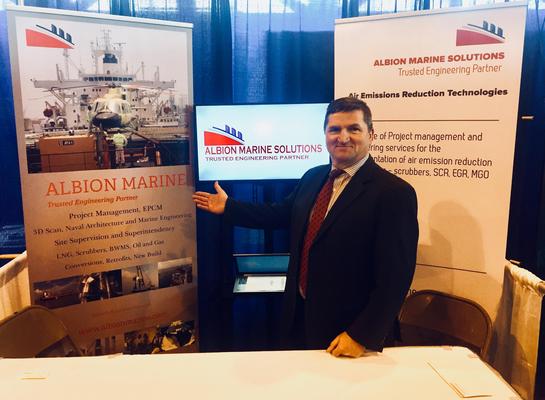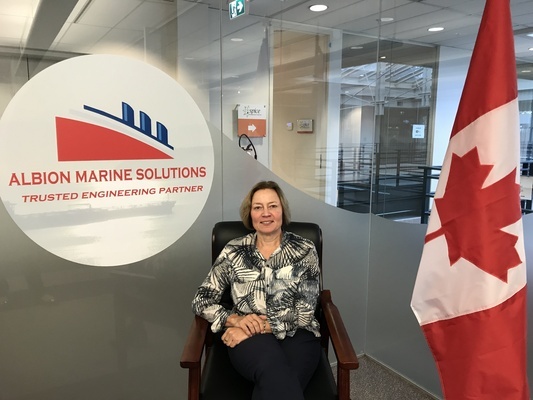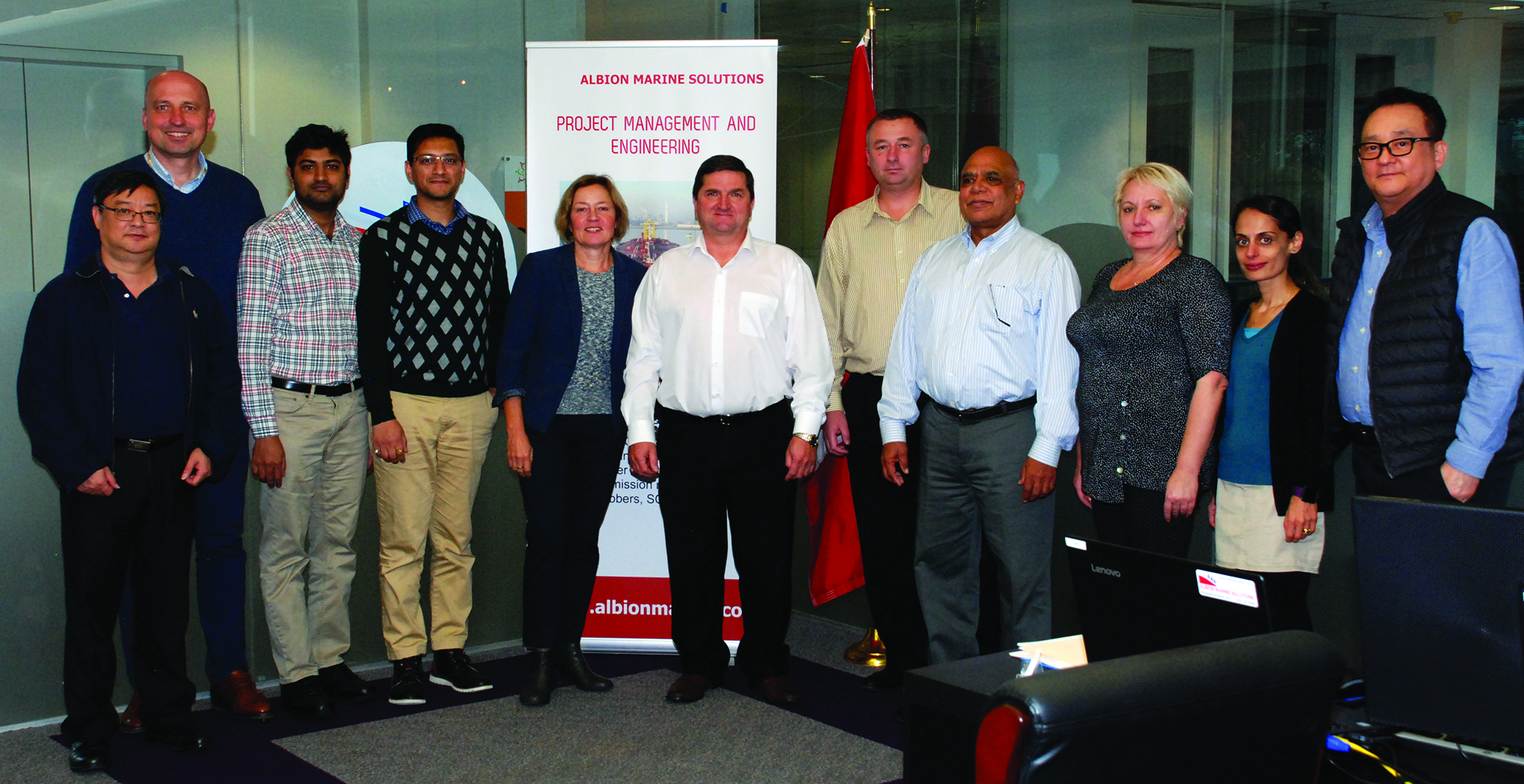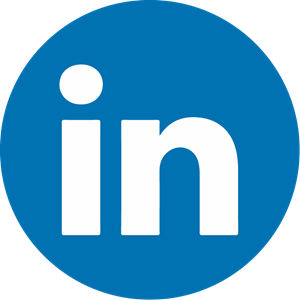The IMO considers exhaust gas scrubbers to be an acceptable means of reducing vessels' sulphur emissions and ensuring compliance with MARPOL Annex VI. A separate guideline, Resolution MEPC.259(68), specifies the requirements for the verification, testing, survey and certification of scrubber systems and sets out the criteria for discharging scrubber washwater into the sea. However some coastal stated and ports have implemented local regulations with more stringent requirements that restrict or completely prohibit the discharge of washwater from open loop scrubbers or prohibit the use of scrubbers. More information: Local restrictions before discharging washwater from EGS









